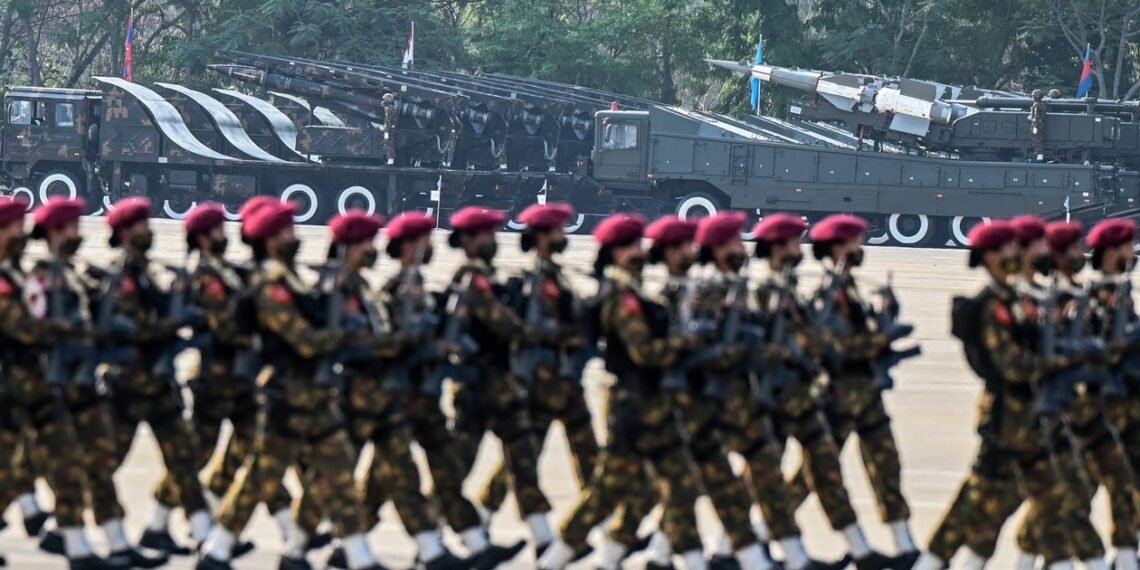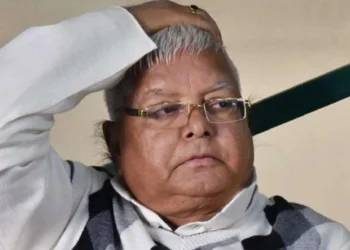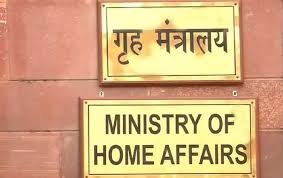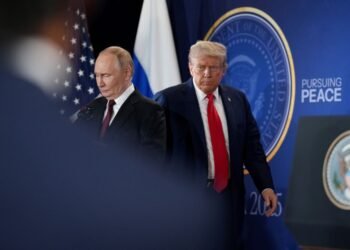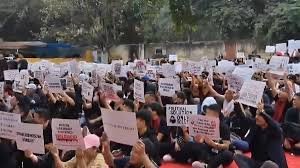As Myanmar marks the fourth anniversary of the military coup, the junta has announced yet another extension of the state of emergency. With over 3.5 million displaced and ongoing violence, the international community fears that the promised election will be neither free nor fair. Calls for accountability and genuine democratic reforms intensify.
BY PC Bureau
On January 31, 2025, Myanmar’s ruling military extended the state of emergency for another six months, citing the need to prepare for an upcoming election. This extension comes just before the fourth anniversary of the February 1, 2021, coup that ended a decade of fragile democracy and led to ongoing civil conflict.
The junta claims that the extension is necessary to ensure stability and peace for a free and fair election, though no specific date has been set yet. Critics argue that the planned election is a facade to maintain military power through proxies. The country continues to face significant challenges, including ongoing armed rebellion, widespread displacement, economic collapse, and extensive humanitarian needs. The opposition intends to disrupt the election and has called for international non-recognition of its results.
Myanmar's ruling military extended a state of emergency for another six months, as the country gears up to hold an election widely seen as an effort by ruling generals to gain legitimacy https://t.co/LoQjdPcAyY pic.twitter.com/Col0tZJUTD
— Reuters Asia (@ReutersAsia) January 31, 2025
This latest extension marks the seventh since the initial declaration in 2021, prolonging military control beyond constitutional limits. The ongoing crisis has intensified armed resistance and displaced over 3.5 million people. Myanmar faces severe instability with deteriorating public services, increased political imprisonment, and looming famine. International condemnation from the US, UK, EU, and others highlights the dire humanitarian and socio-economic conditions. Critics argue that upcoming elections will not be free or fair given the suppression of media and opposition leaders, viewing it as an attempt to solidify military rule. The opposition National Unity Government has vowed to oppose the military-held elections through nonviolent means, underscoring unified resistance against the illegitimate electoral process.
The extension underscores the junta’s struggle to maintain its increasingly fragile grip on power. Despite the promise of elections, the lack of a specific date and the ongoing suppression of opposition raise doubts about the legitimacy of the proposed democratic process. The international community continues to monitor the situation closely, with calls for genuine dialogue and a return to democratic governance.
Implications of the Extension of Emergency Rule by Myanmar’s Military Junta
- Continued Political Instability:
Extending the state of emergency further delays the restoration of democracy and legitimizes the junta’s grip on power, creating a prolonged period of political uncertainty. - Suppression of Civil Liberties:
The extension allows the military regime to continue cracking down on dissent, restrict freedom of expression, and curtail protests under the guise of maintaining security. - Escalation of Violence:
With ongoing resistance from ethnic armed groups and pro-democracy factions, an extended emergency risks escalating armed conflicts, leading to further civilian casualties and mass displacement. - Humanitarian Crisis Worsens:
Extended emergency rule will likely exacerbate Myanmar’s dire humanitarian conditions, with millions already facing food insecurity, inadequate healthcare, and displacement.
Four years after Myanmar’s military coup, the country is in an unprecedented “polycrisis” – economic collapse, escalating conflict, climate hazards and worsening poverty, warns @UNDP in new reporthttps://t.co/U0XJitxDWn
— UN News (@UN_News_Centre) January 29, 2025
- Erosion of International Relations:
The international community may respond with heightened sanctions, diplomatic isolation, and further condemnation, reducing Myanmar’s engagement on the global stage. - Economic Collapse:
Political instability discourages foreign investments and disrupts trade, leading to worsening unemployment, inflation, and economic stagnation. - Stalled Electoral Process:
The junta’s plans for holding elections are seen as illegitimate by many, and an emergency extension further undermines any prospect of a credible democratic process.
ALSO READ: Myanmar: 7 media men Killed, Scores in Jail Since 2021 Coup
- Increased Risk of Famine:
The prolonged conflict disrupts agricultural activities and supply chains, increasing the threat of famine in already vulnerable regions. - Strengthened Resistance Movements:
Continued military dominance may embolden resistance groups and civil society actors to further intensify their struggle for democracy, leading to prolonged unrest.
The extension underscores the need for international diplomatic pressure, humanitarian aid, and accountability to break the cycle of violence and restore peace and stability in Myanmar.



